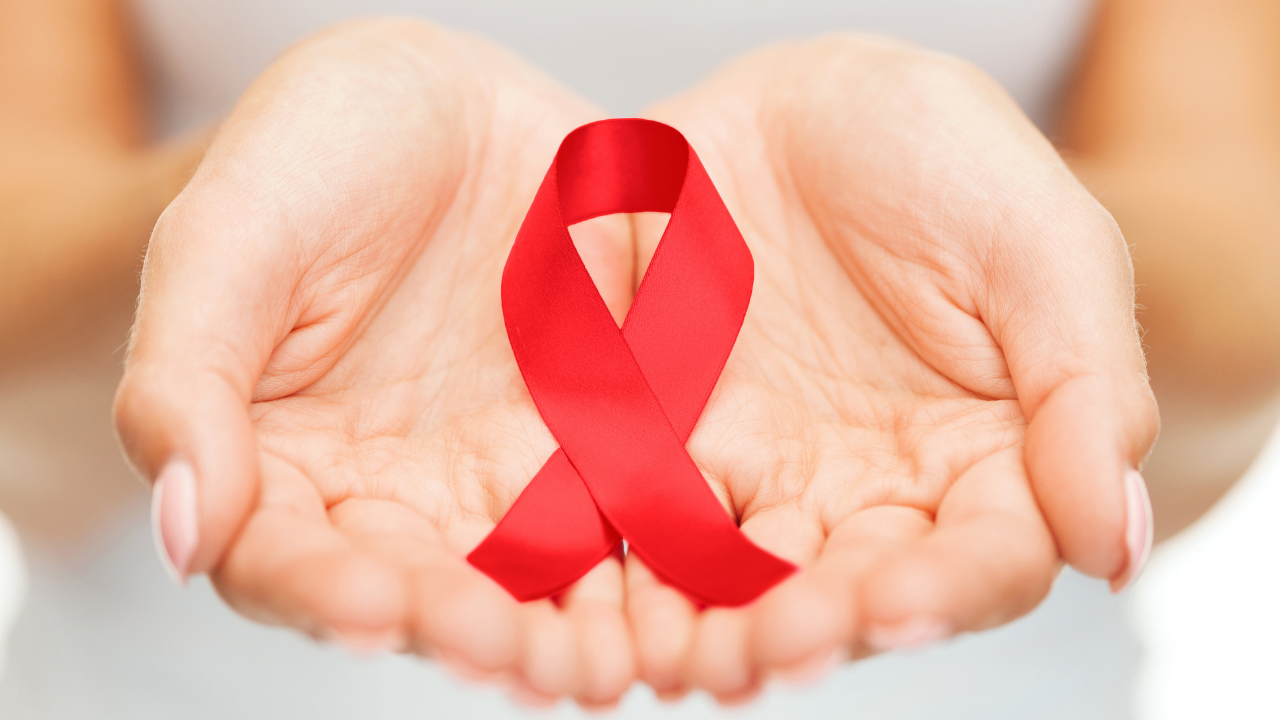People living with HIV experience more severe outcomes and have higher comorbidities from COVID-19 than people not living with HIV, according to the 2020 UNAIDS Global Update. In mid-2021, most people living with HIV did not have access to COVID-19 vaccines. This World AIDS Day, the Forum of International Respiratory Societies (FIRS), of which the European Respiratory Society (ERS) is a founding member, is calling on governments, health advocates and non-government organisations to strengthen their response to AIDS and COVID-19 by making COVID-19 vaccines more accessible worldwide.
COVID-19 lockdowns and other restrictions disrupted HIV testing. In many counties, this led to steep drops in diagnoses and treatment referrals. In addition to the challenges posed by lockdowns, vaccines have not become accessible to many HIV patients. As of July 2021, less than 3 percent of people living in Africa had received at least one dose of a COVID-19 vaccine, despite Sub-Saharan Africa being home to 67 percent of people living with HIV.
As in previous years TB, which has similar symptoms to COVID-19, remains one of the leading causes of death among people living with HIV. Among people with latent TB infection, HIV infection is the strongest known risk factor for progressing to TB disease.
“Patients who are HIV positive remain at high risk for respiratory diseases like TB and COVID-19, so vaccination and early treatment are key,” said Lynn Schnapp, MD, ATSF, president of the American Thoracic Society (ATS), a FIRS founding member. “When treated with preventative therapy, latent TB can be managed, and the COVID-19 vaccines that are widely available in much of the world can reduce the risk of severe illness and death significantly. It’s critical that HIV patients receive access to these lifesaving measures.”
The ATS began in 1905 as the National Association for the Study and Prevention of Tuberculosis. Today, the ATS, along with other founding members of FIRS, which represents the world’s leading respiratory societies, is working to improve lung health globally.
Since the AIDS epidemic began, the WHO estimates that 79.3 million people have become infected with HIV and 36.3 million people have died from AIDS-related illnesses.
Education, prevention strategies and new medicines, particularly antiretroviral therapies, have reduced the number of AIDS deaths by 64 percent per year since their global peak in 2004.
Still, UNAIDS estimates that in 2020, 37.7 million people were living with AIDS and about 1.5 million people became newly infected.
FIRS believes a global response to HIV/AIDS can be strengthened by:
- Increasing awareness of the continuing global threat of HIV-related disease and its link to COVID-19 outcomes, TB infections, and other respiratory diseases.
- Improving the health outcomes of people living with HIV through patient care, including COVID-19 vaccines, and research into improved treatments and treatment strategies for both HIV and TB.
- Reducing the incidence and severity of HIV-related disease by strengthening mother-to-child transmission prevention programs and increasing the early use of antiretroviral therapy.
- Improving HIV education in at-risk communities to reduce the incidence of new HIV infections.
- Reducing HIV-related health disparities and inequities.





